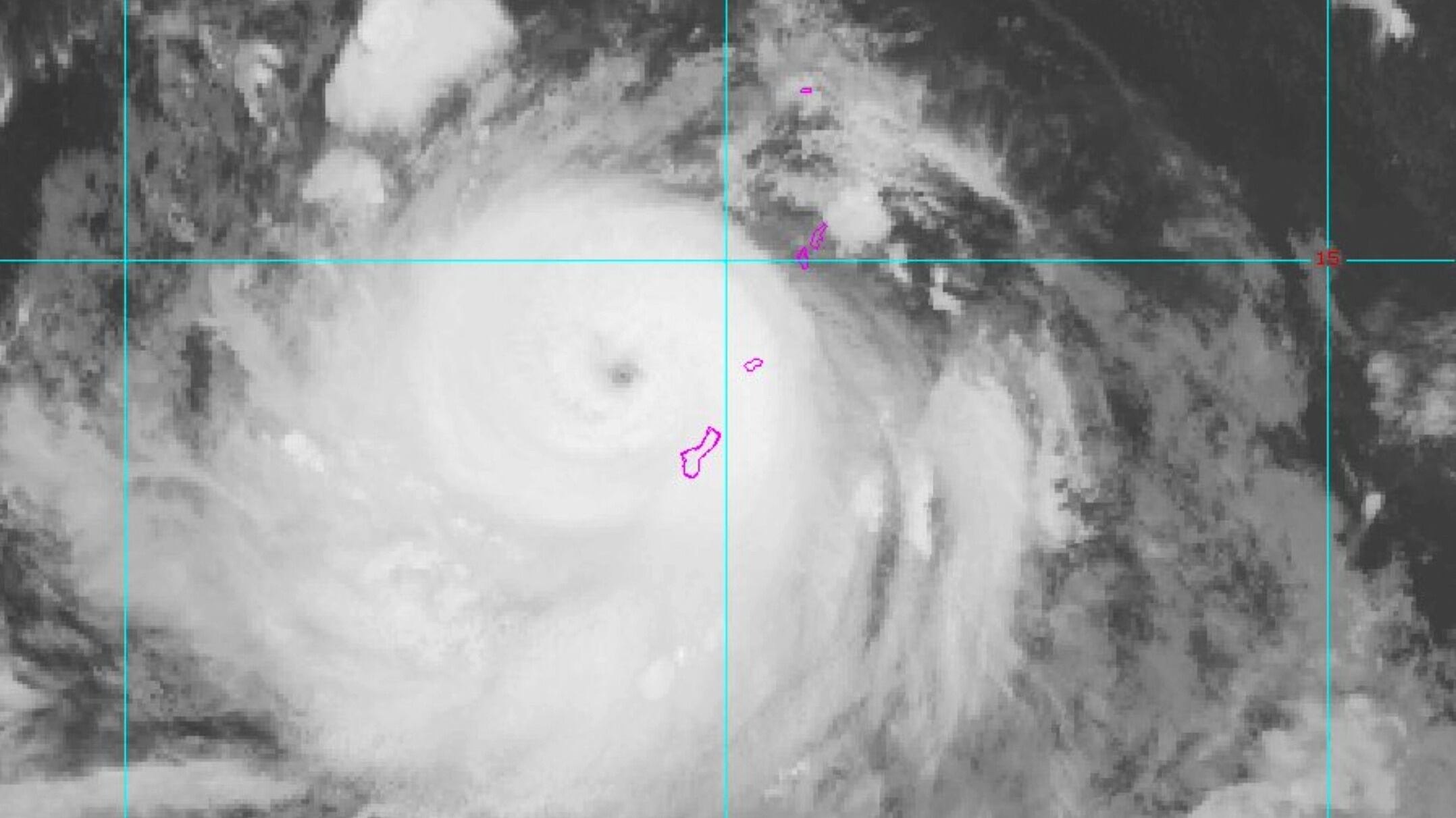Solar power is the fastest growing part of the global energy industry. Inderpreet Wadhwa, CEO of Azure Power, one of the largest solar power producers in India, sat down with us to discuss why India is well positioned to capitalize on the trend.
Wadhwa emphasizes that over 200 million people in India do not have electricity. He says there is a lot of potential because solar radiation is available in most parts of the country, and India has over 300 days of sun. The fact that India is an emerging economy and has to build new infrastructure is another advantage, he says, because the country can "leapfrog" coal industry infrastructure.
For Azure Power, it is important to work closely with the government. Wadhwa says energy in India is highly regulated so they need favorable government policy. 90% of the company's contracts are with the government. With the price of solar much cheaper than energy consumed in many industries, Wadhwa says they are now doing more commercial contracts with industries such as the hotels.
AstraZeneca said its cancer-treatment drugs when used following chemotherapy treatment showed positive late-stage trial results for endometrial cancer patients.
Elon Musk's brain-implant company Neuralink said it received approval from the Food and Drug Administration to begin human clinical trials.
Shares of e-commerce giant Alibaba fell as China braces for a new wave of Covid.
New Census figures show about 1 in every 100 U.S. households is a same-sex couple.
Dr. Caitlin Bernard is facing disciplinary action after she spoke publicly about providing an abortion to a 10-year-old rape victim.
Two people died from what the CDC suspects was a meningitis outbreak in Mexico.
Virgin Galactic completed its final test flight on Thursday before its long-awaited commercial access for customers.
Yellowstone National Park officials killed a newborn bison because its herd wouldn’t take the animal back after a man picked it up.
The FDA has approved Opvee, which can reverse fentanyl and other opioid overdoses.
Powerful Typhoon Mawar churned slowly over the U.S. Pacific territory of Guam on Thursday, lashing the island with wind and rain, tearing down trees, walls and power lines, flipping cars, and pushing dangerous storm surge ashore as first-responders waited for daylight to see the full extent of the damage.












